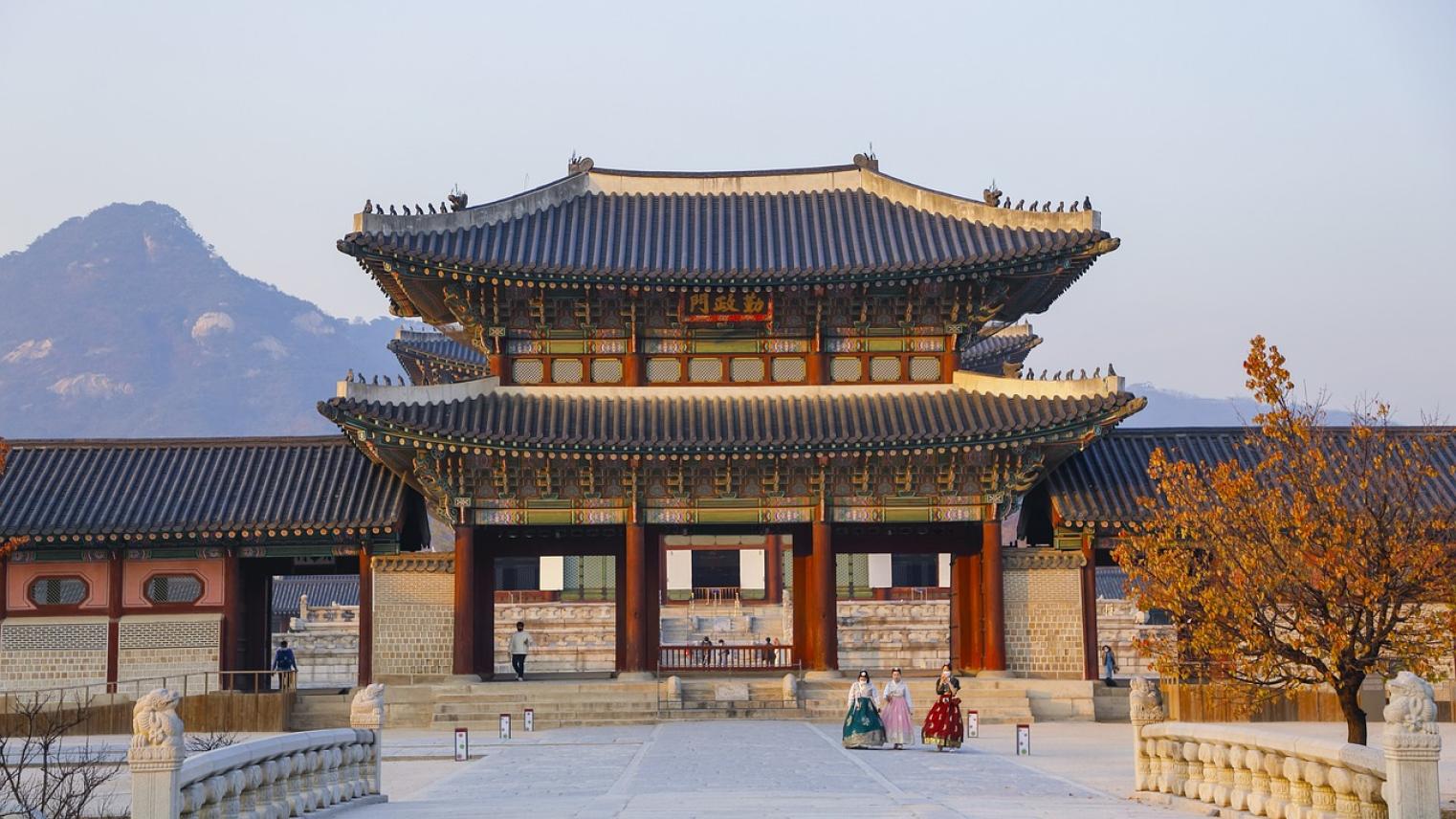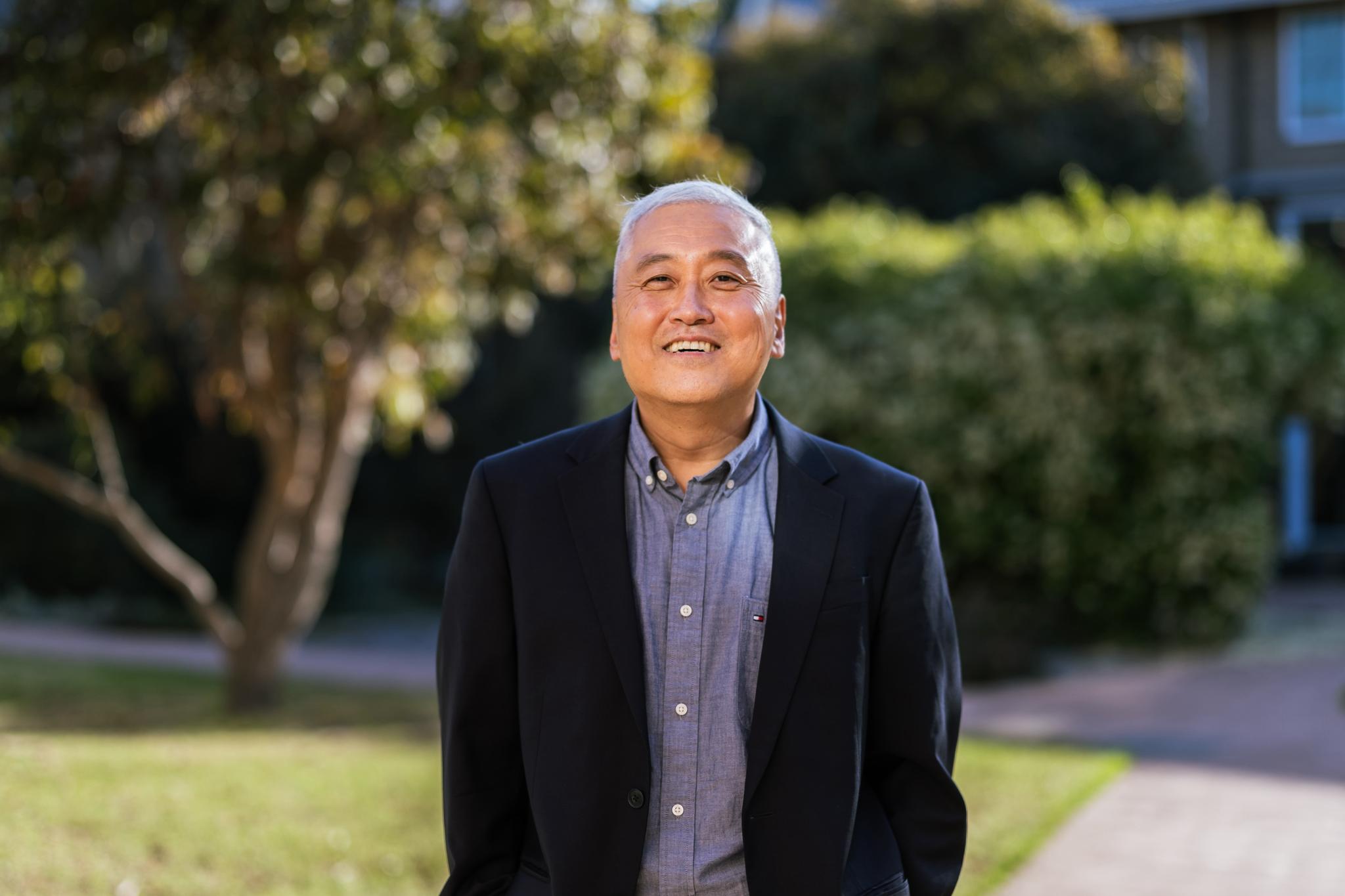Bridging Korea and Australia: The Role of the ANU Korea Institute

From its dynamic economy to its global cultural impact, the Korean Peninsula has become a focal point for the Asia-Pacific region and beyond. For Australia, understanding Korea’s role in global geopolitics, technology, and culture is essential to navigating regional challenges and opportunities.
At the forefront of this effort stands the ANU Korea Institute, part of the ANU College of Asia and the Pacific at the Australian National University (ANU). The Institute is a hub for pioneering research, offering valuable insights and fostering meaningful partnerships between Korea and Australia.
Since its establishment in 2008, the Institute has grown its reach, enhanced social science research, expanded Korean language programs and worked closely with experts to deepen Australia’s engagement with Korea.
According to Professor Kyung Moon Hwang, Director of the Institute, Australia has historically “lacked a special focus” on the Korean peninsula—especially South Korea. Many think tanks and other institutions focus on China and Japan, often overlooking Korea’s global cultural influence and its critical role in regional security, especially given its proximity to North Korea.
Real-world impact
The Institute’s influence goes beyond academia. In 2020, during Australia’s devastating bushfires, the ANU Korea Institute demonstrated its commitment to the community. Dr Eunseon Kim, Deputy Director of the Institute and a lecturer in Korean language programs at the College’s School of Culture, History and Language, recalls the team's critical role in facilitating disaster communication.
“We quickly rallied the Korean studies team to translate critical public health information on smoke inhalation, developed by the ANU Medical School, from English into Korean,” Dr Kim said. This initiative provided timely, life-saving resources to the Australian Korean community.
For Dr Kim, this moment was a defining example of the Institute’s broader mission. The event demonstrated that the Institute isn’t just an academic centre but also a space where people, knowledge and action come together to tackle real-world challenges.
“Seeing how much we helped the Korean-speaking community during such a difficult time was deeply moving,” Dr Kim reflected.
Advancing Korean language and research
As a linguistic anthropologist, Dr Kim brings a unique intersection between teaching and research to the Institute. She joined ANU because of the leading reputation of the ANU College of Asia and the Pacific in Asian languages.
“ANU stands as the only university in Australasia offering majors in both Korean language and Korean studies—a milestone highlighting the transformative impact of the Korea Institute,” she said.
Dr Hayeon Lee, a Postdoctoral Fellow specialising in anthropology, highlights the diverse opportunities available to academics and researchers at the ANU Korea Institute.
“The Institute has been extremely generous and supportive of my research since I joined in July 2023. I am constantly learning from my colleagues and the conferences, forums and public events they organise,” she said.
The Institute’s research spans critical areas, from Korea’s global cultural exports —music, cinema, beauty, and food—to its security and economic ties with Australia.
Fostering Korean culture in Australia
Beyond research, the Korea Institute enriches local communities by fostering cultural exchange. Last year, the Institute and the Canberra Korean School co-organised the Korean speaking contest, which celebrated Korean language learners’ hard work and was a well-attended community gathering with Korean food, games, and performances.
“These kinds of public events continue to encourage exchange between Australians and Koreans at the local level, while cultivating interest in Korean studies,” Dr Lee said.
The Institute also hosts the Korea Update, connecting scholars and practitioners worldwide.
“Our goal is to create a welcoming space for everyone with an interest in Korea—be it through research, cultural events, or language programs,” Professor Hwang said.
“Korea is one of Asia’s major civilisations, and its contributions to history, culture, and modern global affairs deserve special attention,” he concluded.
If you want to know more about the Institute and its work, you can visit the Institute’s website and subscribe to its mailing list to receive updates about upcoming events and opportunities.
